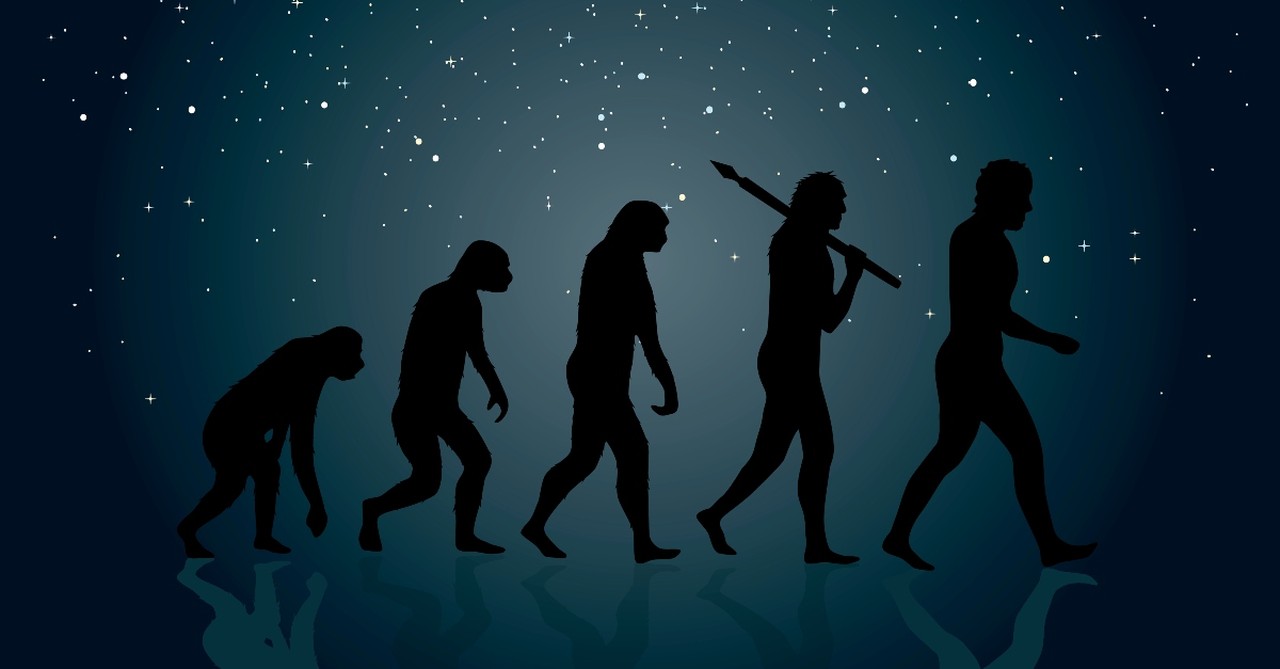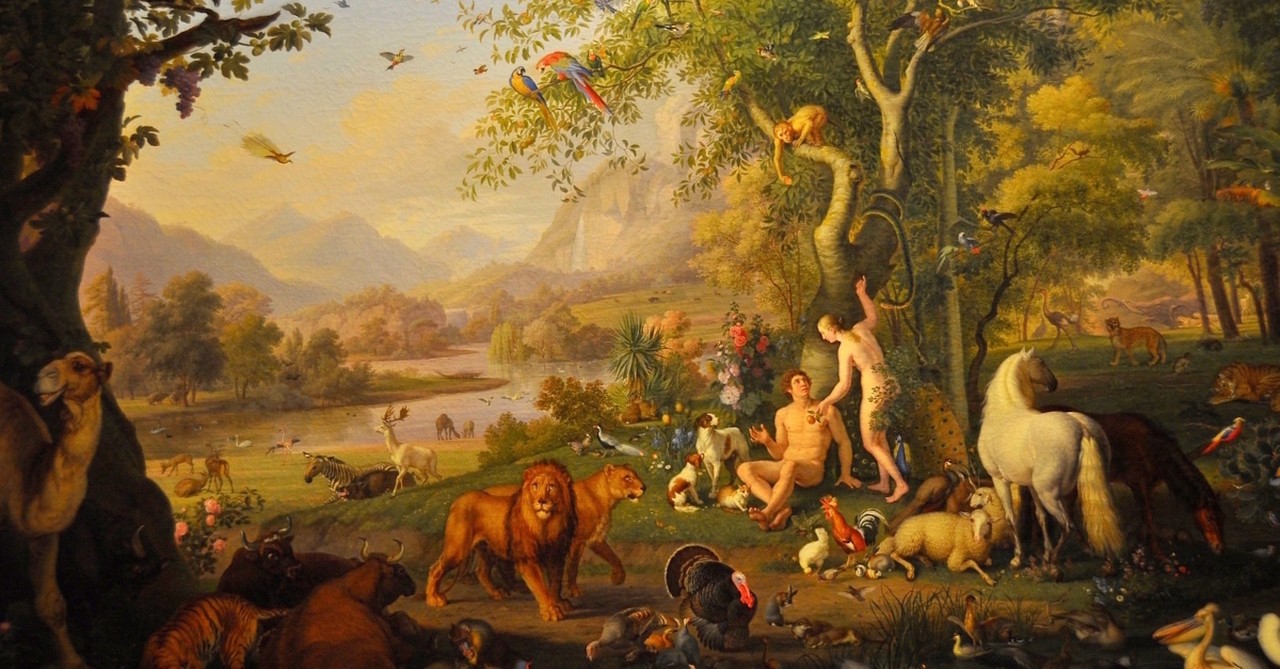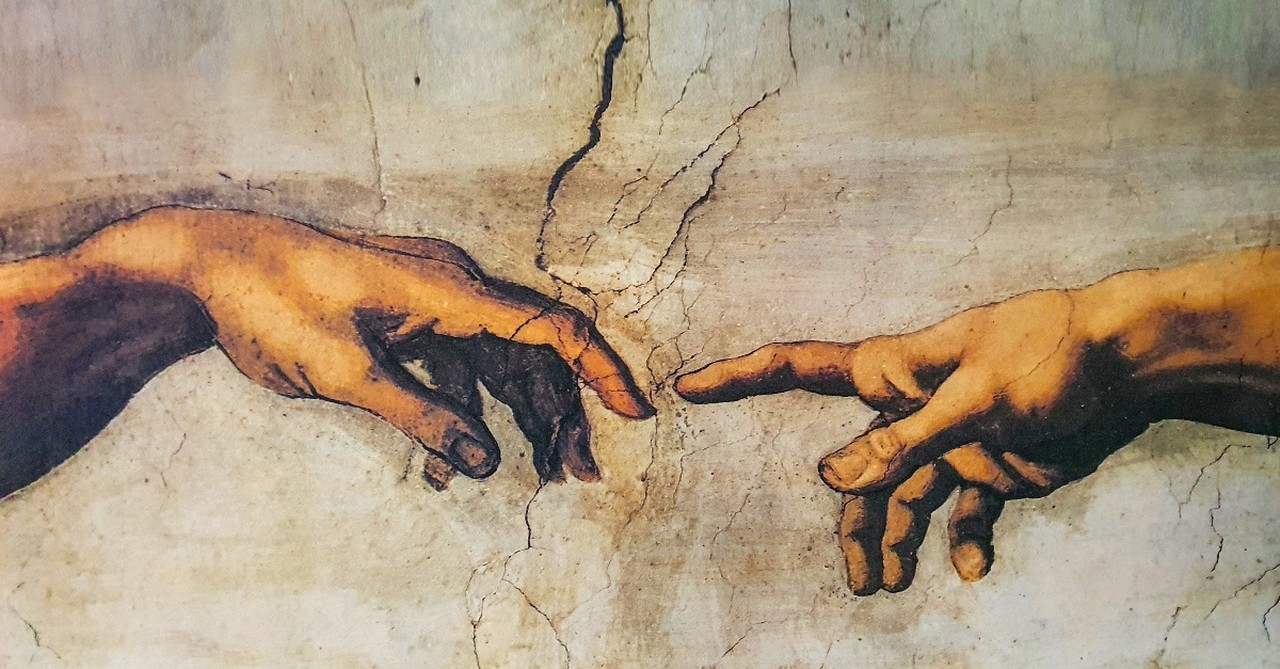5 Things Christians Get Wrong about the Creation Story

Every culture has a creation story. We find these tales around the world, such as the Enuma Elish of the Babylonians and the Native American Raven tales. These stories point to a deeply felt truth that we all have a beginning and that the world came into existence at some point in the past.
However, the biblical creation story is different from the origin myths of the world. As God’s Word, it gives us a true and reliable account of how the Lord created the universe, the world, animals, and human life.
In Scripture, we read of the Lord God, who personally created all things (Genesis 1:1). He did not use preexisting material to form the world but spoke creation into being out of nothing. Through His power and word, God made the universe and everything in it.
Likewise, the Lord personally formed the first humans. He directly made man and woman in his image as an act of love (Genesis 1:27; 2:7). God wanted humans to fill the world. He did not accidentally create them, nor did He form them to serve as slaves.
Although Christians have the testimony of the Bible that teaches that God is the Creator, many people have attempted to reinterpret the creation story.
Influenced by secular evolutionary thought, some Christians teach that the account of Genesis should not be taken literally. Instead, they urge believers to view God’s act of creation through the lens of poetry, myth, or Darwinian evolution.
While there are genuine followers of Christ who hold different views about creation, including those who follow the day-age theory or gap theory, Christians need to be careful about how they approach God’s Word.
Reinterpreting Scripture to fit modern views could make individuals question other parts of the Bible, such as the account of the flood, the plagues of Egypt, or Jesus’ miracles.
Furthermore, reinterpreting Genesis will affect other areas of doctrine. What happens to the doctrine of original sin if people teach that Adam and Eve were not real, historical people?
Or how should we view the final defeat of death and suffering if death was already present in creation before the fall? All these areas will affect our theology.
The best way to practice discernment about views and interpretations of Genesis is to compare everything to Scripture. Using the Bible as the final source of truth, let’s examine five things that Christians get wrong about the creation story.
Photo Credit: ©iStock/Getty Images Plus/00Mate00
1. ‘It’s a Children’s Story’

1. ‘It’s a Children’s Story’
SLIDE 1 OF 5
Many Christians grew up hearing the story of creation in Sunday school or children’s church. Children commonly memorize the days of creation and what happened each day as God formed the world.
However, as these children grew up, they may have begun to think that the creation account and other Old Testament stories were just that: stories.
It also does not help that the first chapters of Genesis are rarely the topic of a sermon.
Believers need to teach children about how God created the world, the animals, and human life. We are wrong, though, to think that the creation account is merely a tale for children with no significance or application to our lives today.
If we believe what the Bible says that all Scripture is God-breathed and useful for teaching, then we would not limit the creation account to just our children’s Sunday school classes (2 Timothy 3:16).
The truth that God created all things is reiterated throughout Scripture to show God’s power and sovereignty. Thus, belief in God as Creator is an important doctrine for believers.
As the author of Hebrews wrote, “By faith we understand that the universe was formed at God’s command, so that what is seen was not made out of what was visible” (Hebrews 11:3).
Christians need to stop treating the creation account as a mere story for children that has no basis in reality or application to faith. Like other chapters in the Bible, Genesis 1 and 2 are inspired and relevant to the Christian life.
Photo Credit: ©flickr/faungg's-photos
2. ‘We Should Not Take the Creation Story Literally’

2. ‘We Should Not Take the Creation Story Literally’
SLIDE 2 OF 5
Following the point about how many Christians approach the creation account as a children’s story, many believers think they should not take Genesis literally.
They believe that God created all things but do not agree that He created everything in six days or in the way described in Genesis 1 and 2. To them, the creation account’s purpose is only to show us how God is the Creator.
As much as Genesis 1 and 2 present the awesome picture of God as Creator of the heavens and earth, it also provides details of how He did so. Each 24-hour day (yom) is listed, including what God made on each day.
To emphasize the beginning and start of each day, the account specifically mentions morning and evening (see Genesis 1:5, 8, 13, 19, 23, 31). Why would Moses, the author of Genesis, go into such detail, describing the specific days and all that was created if it did not happen that way?
Scripture tells us that God created everything in six days and that on the seventh day, He rested (Exodus 20:11). The creation week is the basis for our week.
The Lord set up the Sabbath on the seventh day of each week for the Israelites to rest from their labor. The Israelites took the creation account literally, as it was the basis for their weekly life.
If the Israelites took the account literally, accepting the six days of creation as the model for their work week, should we not also take it literally?
Individuals who interpret Genesis non-literally need to pause and think about why they do not want to take God’s Word plainly and according to how the original audience would have viewed it.
Photo Credit: ©iStock/Getty Images Plus/Elen11
3. ‘Adam and Eve Were Not Real People’

3. ‘Adam and Eve Were Not Real People’
SLIDE 3 OF 5
Some believers have tried to interpret the creation story according to Darwinian evolution. To do so, they argue that the creation account is in the genre of myth or poetry and assert that we should not accept Adam and Eve as literal, historic people.
Instead, they argue that Adam and Eve are symbolic of collective humanity or serve as an archetype of humankind.
The problem with this interpretation is that the rest of the Bible treats Adam and Eve as real, historic people. Luke treated Adam as a historic person, tracing Jesus’ human ancestry back to Adam (Luke 3:38).
Jesus also referred to Adam and Eve as real people since the foundation of marriage is based on the creation of the first man and woman who became husband and wife (Matthew 19:4-6).
Furthermore, the Apostle Paul based the sinfulness of all people on a historic Adam who sinned. Based on Paul’s writings, we learn that everyone has inherited a sin nature, and freely chooses to sin, because our forefather, Adam, sinned (Romans 5:12).
However, even though we inherited sin from Adam and experience death through our identity with him, when we place faith in Jesus, we receive salvation from our sins and eternal life (Romans 5:14-18). Adam brought death, but Christ gives life.
In another epistle, Paul further contrasts the first Adam with the last Adam, Jesus Christ (see 1 Corinthians 15:45-49). Our hope of resurrection is connected to the truth that Jesus is the “last Adam,” and that we will receive glorified bodies because of our identification with Him.
We are wrong to make Adam and Eve symbolic or mythic when Scripture treats them as real, historic individuals.
Photo Credit: ©iStock/Getty Images Plus/artcatlab
4. ‘A Good Creation Included Death’

4. ‘A Good Creation Included Death’
SLIDE 4 OF 5
Some Christians also wrongly believe that death was part of God’s good creation. Believers who accept evolution (theistic evolutionists or evolutionary creationists) teach that suffering and death had to exist for all life to form.
Thus, for them, animal predation and biological disease were a vital part of creation. According to this view, death was in existence before the Fall and is not necessarily evil.
Such an interpretation obviously would affect a Christian’s approach to the problem of evil and suffering. Instead of viewing suffering as an effect of the Fall, they could begin to think that worldwide suffering is required to accomplish God’s will and is overall good in the end. Disease, natural disasters, and human and animal death are merely part of God’s created order.
The problem with this approach is that death is not good and would not be used by a good and loving God to bring life into being.
Death is described as our last enemy and is something to be destroyed (1 Corinthians 15:26). In fact, death itself will one day die when it is cast into the lake of fire (Revelation 20:14).
Also, death did not enter the world until Adam and Eve disobeyed God and ate from the Tree of the Knowledge of Good and Evil.
When they ate the fruit, they died spiritually, but they also sealed their fate of dying physically (Genesis 3:19). As Paul explained, “When Adam sinned, sin entered the world. Adam’s sin brought death, so death spread to everyone, for everyone sinned” (Romans 5:12, NLT).
Not only did sin affect humans, but it affected all creation. Scripture teaches that creation has been groaning and that it is in bondage to decay (Romans 8:19-25). It was subjected to futility because of man’s sin, which is why it now waits for the resurrection.
When God makes everything new, He will restore creation, freeing it from its bondage to decay (Romans 8:21; Revelation 21:5). No longer will our loved ones die. No longer will animals kill one another. No longer will weeds and thorns choke healthy plant life. Creation will be redeemed.
Photo Credit: ©iStock/Getty Images Plus/Vieriu Adrian
5. ‘It Doesn’t Matter What I Believe about Creation’

5. ‘It Doesn’t Matter What I Believe about Creation’
SLIDE 5 OF 5
Many Christians may assume that what they believe about the creation account in Genesis does not matter. To be clear, a person can be saved and have a variety of views about the origin of the universe and life.
What an individual believes about how God created all things does not affect their salvation. However, it does affect other areas of theology.
As has been shown in the previous points, a person’s view of how the world and life began does have an impact on other areas of theology like original and inherited sin, a biblical view of marriage, the New Testament teaching about the last Adam, the redemption of creation, and the problem of evil and suffering.
The issue is even more significant because of the increasing discussion about the relationship between faith and science.
Many Christians who interpret the Bible literally are viewed as ignorant and proponents of anti-science while those who embrace evolution are perceived as more open-minded or intelligent.
Today, there is an increasing temptation to adopt a certain perspective depending on how others perceive us.
We all need to think carefully about how we approach the creation story. Are we seeking to be true to the Bible or trying to accommodate modern views, beliefs, or arguments?
Does our approach correlate with the wider teaching of Scripture? Every believer should take time to study the creation account and prayerfully arrive at their conclusions.
What we believe about the creation account matters, for it is not just another origin story. It is the true account of how God made all things and created humans in His image.
For further reading:
What Happened on the 7 Days of Creation?
What Is the Creation Story in the Bible?
Why Does it Have to Be Creation or Evolution?
Photo Credit: ©Getty Images/solarseven


Originally published January 15, 2024.









